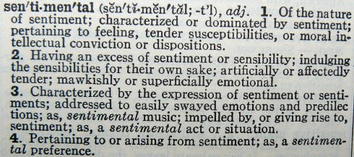IN WESTMINSTER ABBEY - John Betjeman
This is, of course, a satirical composition in which John Betjeman imagines an upper class woman attending Evening Prayer in Westminster Abbey during WWII. It is clever, and uncomfortably true. True not only of the class and disposition represented, but of the distorting mess so many of us make not only of our prayers but also our ideologies and professed attitudes. It is a lifelong process of interrogating ourselves before we begin to see, then transform, our often self-centred positions. Surely one of the purposes of prayer. Click Read More



